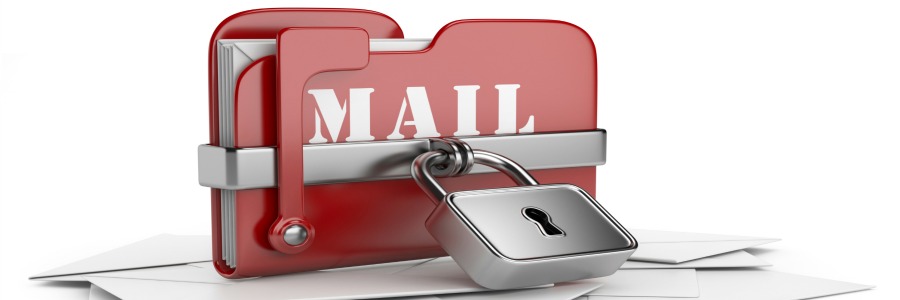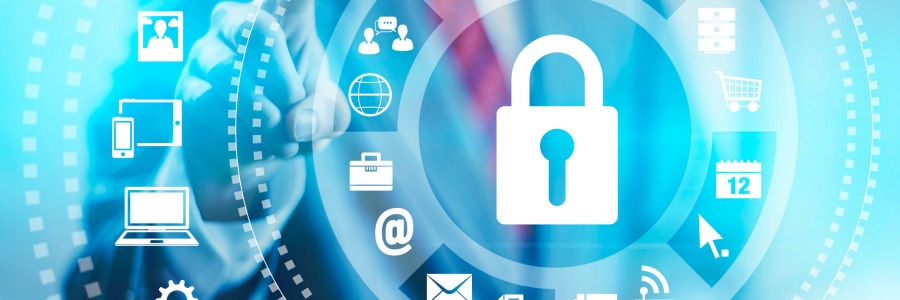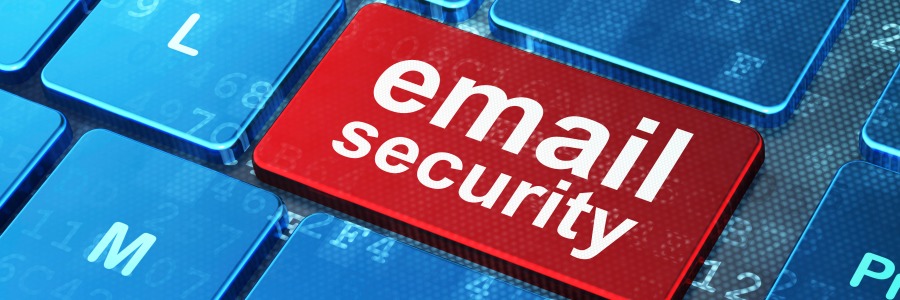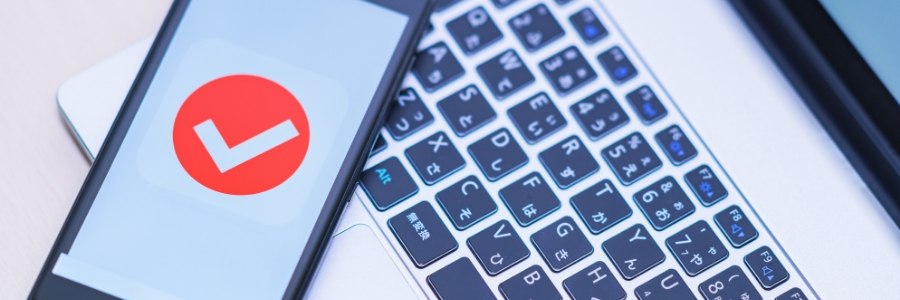Two-factor authentication and two-step authentication are both vital for data security. But what’s the difference between them? Is one authentication process better than the other for your business? In this blog post, we will break down the differences between two-factor authentication and two-step authentication to help you decide which is more suitable for your needs.
Why two-factor and two-step authentication matter
How to keep your email account safe

Many businesses use email to send and receive sensitive information, making it an attractive target for cyberattacks. To reduce your exposure to cyberthreats, implement the following email security measures.
Use separate email accounts
Most people use a single email account for all their online tasks.
It’s time to rethink your password strategy
BYOD tips to improve security

Lax bring your own device (BYOD) policies are a growing concern for businesses. If you're not managing your organization's BYOD policy properly, it can pose a host of security risks to your company. Below are some of the inherent security risks of BYOD.
Loss or theft of devices – Employees often bring their personal devices wherever they go.
Tips to keep your business data safe

Losing or compromising data can be disastrous for your business. It can lead to reputational damage, costly lawsuits, and termination of contracts, among others. And because threats to data security are always present online, it's important to implement tough security measures that will keep your business data safe 24/7. Here are some tried-and-tested methods to safeguard your corporate data.
Two-step and two-factor authentication: What’s the difference?

Every business should have a strong cybersecurity posture to keep cybercriminals from infiltrating their network. One way to do this is by implementing a strict authentication process using two-step or two-factor authentication. These two processes are so similar that many confuse one with the other.
Surefire ways to protect your email account

If you think your email is safe from hackers, think again. A lack of sufficient email security protocols can lead to data theft, unauthorized access to sensitive information, and successful malware attacks. Here are some tips to secure your email account from unwanted intruders and the many troubles that come with them.
Think your password is secure? Think again
Cybersecurity tips for working remotely
Simple ways to protect your email account

Everyone uses email as the central hub for their personal internet activities, but this also makes it an attractive target for cyberattacks. The importance of email security is vital to your company’s survival, so applying these simple tips can dramatically reduce your exposure to hackers and malware.
- 1
- 2




